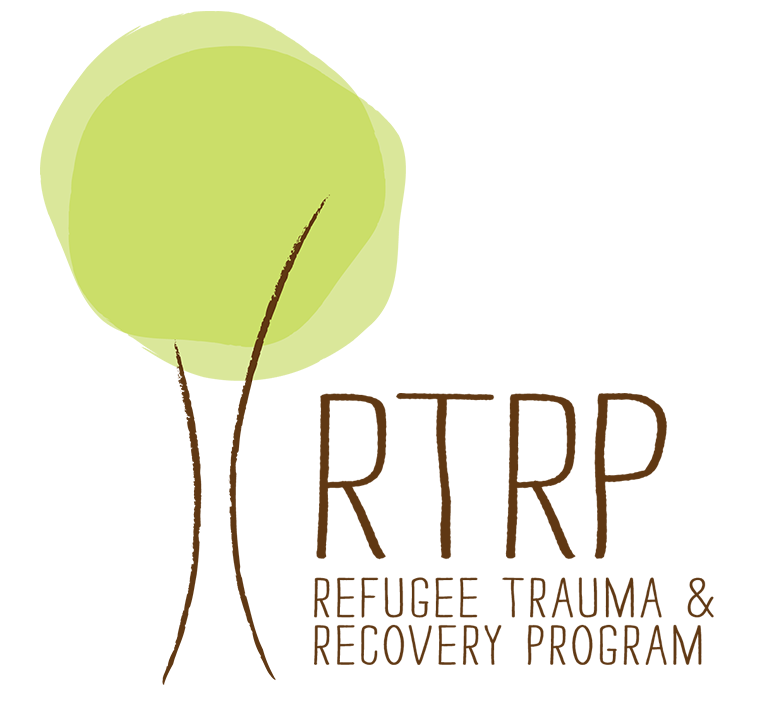The refugee Neuroimaging Study
The Refugee Neuroimaging Project aims to build an understanding of the brain processes that underpin some of the key traumatic stress reactions experienced by refugees. These include difficulties processing emotions, managing stress, relating to others and dealing with loss and separation. This project is being conducted in collaboration with STARTTS to inform the development of new tools and strategies for supporting the recovery of refugees.
Why study the brain?
Our brains are shaped by our experiences, with healthy functioning critical for our emotional wellbeing, thinking and behaviour. These processes are often disrupted following highly stressful experiences. Neuroimaging has helped to understand the brain processes that are affected by trauma, which in turn, has guided treatment development. But little is known about the impact that severe interpersonal traumatic experiences, like torture, have on the brain.
People with a refugee background have been frequently exposed to extreme experiences including torture, other human rights abuses and chronic stress. Using social, cognitive and emotional neuroscience tools, this project is developing new insights into the mechanisms specifically affected by refugee-related trauma. We are also investigating the brain processes that contribute to healthy adaptation amongst people with a refugee background following such stressful experiences.
What does the study involve?
Taking part in the study involves an interview with a psychologist, followed by a functional Magnetic Resonance Imaging (fMRI) scan. During the scan, participants complete short tasks designed to engage emotion and cognitive functions. New insights generated through using these social cognitive and emotional neuroscience methods will contribute to advances in treatments and interventions to support refugees resettling in Australia.
Eligible participants are reimbursed for taking part in this research study.
How can I take part in this study, or refer someone to the study?
Please note that registration for this study is now CLOSED.
